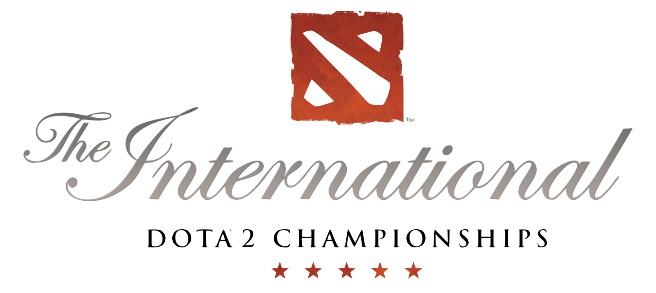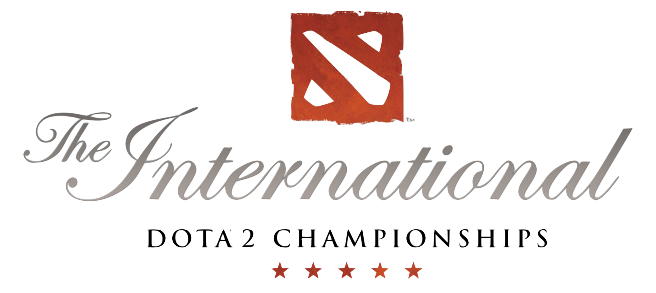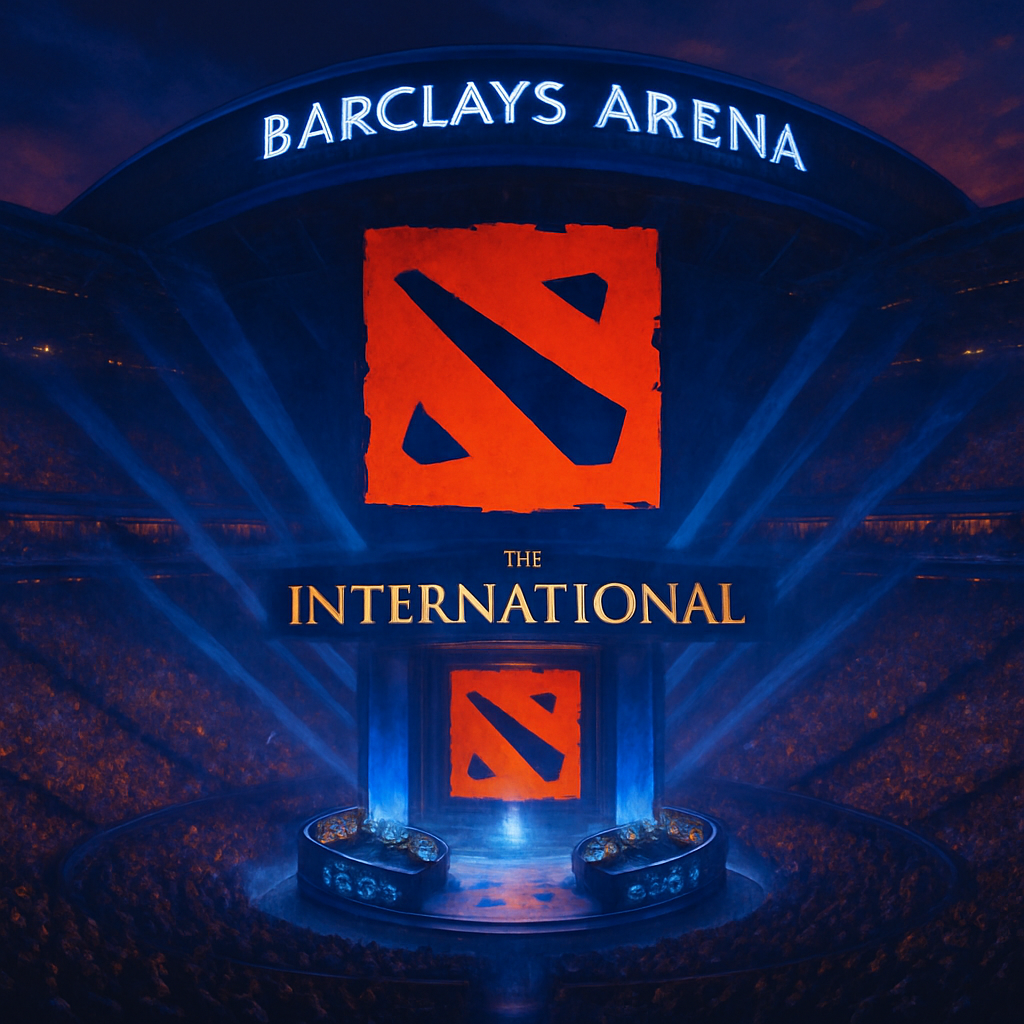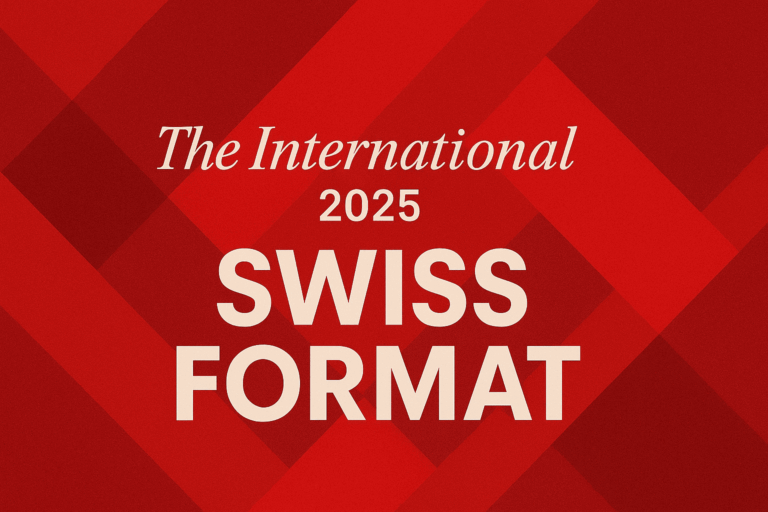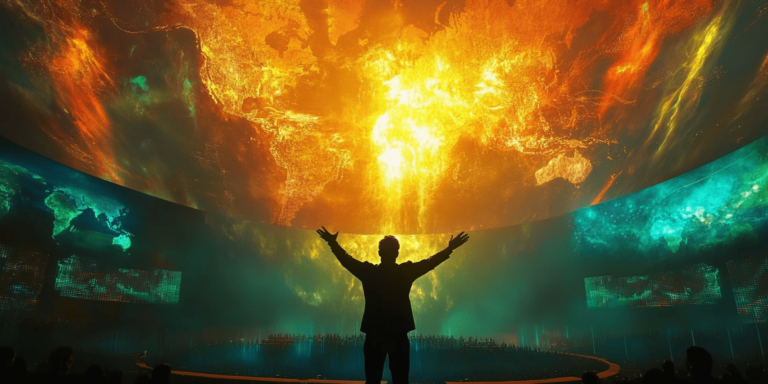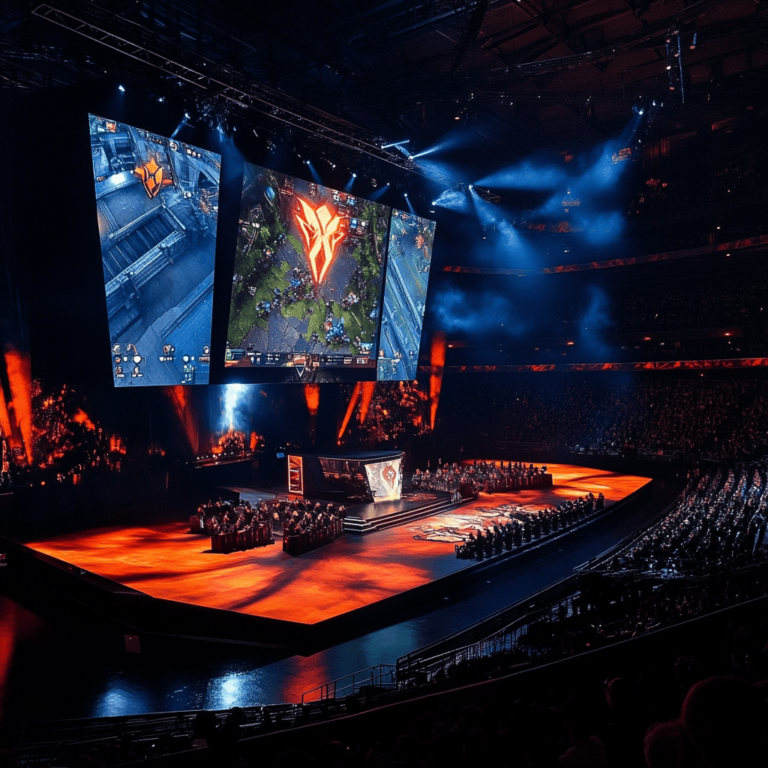TI 2025 в Хамбург е първото завръщане на The International в Германия след историческия TI1 през 2011 г. в Кьолн. Barclays Arena ще бъде домакин на 16 отбора от световна класа от 4 до 14 септември 2025 г., като ще се проведе иновативна система в швейцарски формат, която революционизира състезателната Dota 2.
Въведение: Историята се завърта в кръг
"Интернационал 2025" представлява монументално завръщане към европейските корени. След 14 години от първото издание на TI1 в Кьолн, водещият шампионат на Dota 2 се завръща в Германия. Хамбург ще бъде домакин на TI 2025 от 4 до 14 септември, съчетавайки най-съвременните турнирни иновации с историческото значение на мястото, откъдето започна всичко. Това събитие бележи нова глава в еволюцията на електронните спортове и състезателния пейзаж на Dota 2.
Хамбург срещу Кьолн: две епохи, едно наследство
TI1 2011: Раждането на една легенда в Кьолн
Първата международна среща се състоя през август 2011 г. на Gamescom в Кьолн. Valve представи Dota 2 на световната геймърска общност с новаторския награден фонд от $1,6 млн. Според Анализ на Esports Insider, "The International се провежда за първи път в Германия след първия си турнир през 2011 г. Дебютният турнир се проведе по време на Gamescom в Кьолн." Състезаваха се 16 организации, като Natus Vincere спечели първата титла и наградата от $1 милиона.
Хамбург Арена Deep Dive: Технологии будущего на TI 2025
AEG Europe потвърждава възможностите на местата за провеждане на събития: "Барклис Арена" в Хамбург е най-голямата многофункционална арена в Северна Германия, която всяка година привлича над един милион посетители за повече от 130 събития. От откриването й през ноември 2002 г. досега са проведени над 2100 концерта, представления и спортни събития."
Мястото на събитието Технически спецификации включва разпределен капацитет на натоварване на тавана от 135 тона и максимална площ за събития от 3760 m², което осигурява стабилна инфраструктура за сложни изисквания за производство на еспортни събития.
Историческо значение на завръщането на Германия
Защо Хамбург е важен за Dota 2
Географска централност: Местоположението на Хамбург осигурява оптимална достъпност за европейските фенове, като същевременно поддържа разумно време за гледане от световната аудитория.
Отлични постижения на мястото на събитието: Barclays Arena предлага по-добра техническа инфраструктура в сравнение с традиционните конгресни центрове.
Културно наследство: Богатата история на Германия в областта на еспорта - от ранната култура на компютърните игри до съвременните състезателни сцени - я превръща в естествен дом за първокласни турнири.
Икономическо въздействие: По данни на Европейската асоциация за еспортни спортове големите турнири в Германия генерират значителни икономически ползи за градовете домакини.
Място за наблюдение: Barclays Arena Хамбург
| Функции | Официална спецификация |
|---|---|
| Максимален капацитет | 15 000 зрители |
| Капацитет за спортни събития | До 13 000 места |
| Размери на Arena | 150 м × 110 м × 33 м височина |
| Пространство за събития | 86,8 м × 43,3 м (3 760 m²) |
| Капацитет на натоварване на тавана | 135 тона разпределени |
| Годишни събития | 130+ събития, над 1 млн. посетители годишно |
| Оперативна история | над 2100 събития от откриването през 2002 г. |
Какво казват източниците от индустрията за мястото на провеждане
Според Силвиу Строе, главен изпълнителен директор на PGL, критериите за избор на място дават приоритет на логистиката и капацитета на аудиторията: "Много рядко хотелът и мястото на провеждане на събитието се намират на едно и също място, за да не губим много време в придвижване между хотела и мястото на провеждане." Строй е ръководил големи събития в областта на еспорта включително рекордните над 20 000 посетители.
Официална оценка на ESL FACEIT Group на възможностите на Хамбург: "Със своите 16 000 места и инфраструктура от световна класа, предназначена за провеждане на мащабни развлекателни и спортни събития, Хамбург Barclays Arena е подходящ нов дом за ESL One Hamburg."
Революция в швейцарския формат: Официалното обяснение на Valve
Официална обосновка на Valve Corporation: "Тази година си поставихме за цел да създадем структура, в която всеки мач да има залог и той да е ясен за отборите и зрителите. Искахме да направим това, без да губим огромното количество основополагащи, определящи турнира мачове, на които феновете на груповата фаза се наслаждават всяка година."
Подробности за техническото изпълнение от Valve: "Швейцарските формати са свързани с уникални предизвикателства и ние положихме специални усилия, за да може феновете да знаят предварително кога играят любимите им отбори и за да не се налага на нито един отбор с победен рекорд да играе две поредни серии."
Разбивка на швейцарската система
- Отбори: 16 участници
- Групов етап: 5 кръга от мачове в швейцарската схема
- Формат на мача: Серия "Най-добър от три
- Напредък: 4 победи дават право на участие в плейофите
- Елиминиране: 4 загуби слагат край на турнира
- Специален кръг: Мач за елиминиране между високоразрядни и нискоразрядни
Въздействие върху интегритета на конкуренцията
Швейцарският формат гарантира:
- Балансирана конкуренция: Отборите се изправят срещу съперници със сходни резултати
- Намалено отклонение: Най-добрите отбори имат многобройни възможности за напредък
- Вълнуващи разкази: Мачовете за елиминиране създават драма с високи залози
- Справедливо представителство: Регионална сила, тествана в няколко кръга
Времева рамка: От пътя към TI до славата на шампионата
Етап 1: Пътят към Международната конференция (4-7 септември)
Групов етап в Швейцария (4-6 септември)
- 16 отбора се състезават в пет кръга в швейцарската система
- Най-добрите от три мача определят напредъка
- Първите 3 отбора се класират директно за плейофите
- Елиминирани са 3 отбора от дъното
Специален елиминационен кръг (7 септември)
- Останалите 10 отбора се състезават
- Високи семена срещу ниски семена
- Още 5 отбора се класират за плейофите
- 5 елиминирани отбора
Етап 2: Международната част (11-14 септември)
Структура на плейофите
- 8 отбора започват в горната скоба
- Формат за двойно елиминиране
- Най-добри три мача до големия финал
- Най-добри пет големи финала за Aegis of Champions
Културно въздействие: Ренесансът на еспорта в Германия
Европейски хъб за електронни спортове
Изборът на Хамбург затвърждава позицията на Германия като европейска сила в областта на еспорта. Страната е домакин на големи турнири в множество игрови заглавия и поддържа една от най-силните инфраструктури за състезателни игри в Европа.
Революция на опита на феновете
TI 2025 въвежда подобрени функции за ангажиране на феновете:
- Интерактивни зони за гледане: Статистически данни в реално време
- Срещи с играчи: Планирани сесии за автографи
- Център за стоки: Ексклузивни колекционерски предмети TI 2025 Hamburg
- Храни и напитки: Немска кухня наред с международни ястия
Наградният фонд и икономически съображения
Начален награден фонд: $1.6 милиона
Valve потвърди, че базовият награден фонд за TI 2025 ще бъде $1,6 милиона, с което се завръщаме към устойчивата икономика на турнирите. Това представлява стратегическа промяна в сравнение с предишните модели за групово финансиране, като същевременно се запазва състезателната цялост.
Анализ на икономическото въздействие
| Категория | Проверени данни |
|---|---|
| Ръст на туризма в Хамбург | Увеличение на 1,1% през 2024 г. |
| Степен на заетост на хотела | 77% напълно резервиран през 2024 г. |
| Въздействие на сравнимо събитие | $14.4M икономическо въздействие (IEM Katowice) |
| Немски пазар на еспорта | 283 млн. евро през 2023 г., прогнозирани 422 млн. евро до 2030 г. |
| Рекорд на мястото на събитието | Над 1 млн. годишни посетители |
Какво казват източниците от индустрията: официални становища
Според официалното съобщение на Valve Corporation: "Звездите се подредиха в една линия и сцената отново е подготвена за космическа битка. И този път битката се завръща там, откъдето започна всичко: Сега, четиринадесет години по-късно, The International се завръща в Германия, в Barclays Arena в Хамбург, от 11 до 14 септември."
ESL FACEIT Group потвърждава високите постижения на Хамбург чрез своите документирани проучвания на икономическото въздействие, което показва, че големите събития в областта на електронните спортове генерират икономическо въздействие от над $14 милиона евро за градовете домакини.
Резолюция на Европейския парламент официално признава инфраструктурните възможности на Германия, като подчертава "важната роля, която градовете и регионите могат да играят в осигуряването на достъп до инфраструктура, способна да приема събития в областта на еспорта."
Често срещани погрешни схващания за TI 2025
Мит 1: "Наградният фонд е твърде нисък в сравнение с предишни години"
Реалност: Базата от $1,6 млн. осигурява устойчив растеж, като същевременно поддържа конкурентна мотивация.
Мит 2: "Швейцарският формат благоприятства определени стилове на игра"
Реалност: Форматът проверява адаптивността към множество противници, като награждава добре подготвени отбори.
Мит 3: "В Хамбург липсва атмосфера за еспорт"
Реалност: В Германия постоянно се събират едни от най-страстните и компетентни зрители в областта на еспорта в световен мащаб.
Мит 4: "Европейският часови пояс вреди на азиатските зрители"
Реалност: Стратегическото планиране е съобразено с глобалната аудитория, като същевременно се дава приоритет на преживяването за присъствие на живо.
В перспектива: Потенциалът на наследството на TI 2025
Витрина за иновации
TI 2025 служи като тестова площадка за бъдещи иновации в турнирите:
- Усъвършенствана технология за излъчване
- Подобрени протоколи за преживяване на играчите
- Устойчиви практики за управление на събития
- Усъвършенствани системи за включване на вентилатори
Растеж на европейските еспортни спортове
Завръщането на турнира в Германия е знак за ангажираността на Valve към глобалното развитие на електронните спортове и признаването на значението на европейския пазар.
ЧЕСТО ЗАДАВАНИ ВЪПРОСИ: Всичко, което трябва да знаете
В: Защо Valve избра Хамбург пред други германски градове? О: Barclays Arena в Хамбург предлага оптимални технически спецификации, централно европейско местоположение и по-добра логистична подкрепа в сравнение с алтернативните зали.
В: Как швейцарският формат влияе на стратегиите за подготовка на отборите? О: Отборите трябва да се подготвят за различни противници, а не за предварително определени групови противници, което изисква по-голяма стратегическа гъвкавост и по-дълбоки резерви от герои.
В: Ще има ли в TI 2025 същите таланти за излъчване като предишните години? О: Valve потвърди, че в германската среда ще има комбинация от завръщащи се любимци и свежи европейски таланти.
В: Какви са цените на билетите в сравнение с предишни международни събития? О: Цените остават конкурентни на предишните събития на TI, като същевременно предлагат по-висока стойност чрез подобрени удобства и характеристики на мястото на провеждане.
В: Какво се случва, ако отборите срещнат технически трудности по време на мачовете? О: Инфраструктурата на Barclays Arena включва резервирани системи и специализирана техническа поддръжка, за да се сведат до минимум прекъсванията и да се гарантира целостта на конкуренцията.
Заключение: Започва нова глава
International 2025 в Хамбург е нещо повече от промяна на местоположението на турнира - той символизира съзряването и глобалното разрастване на играта Dota 2. Завръщайки се в Германия след 14 години, Valve демонстрира уважение към историята на еспорта, като същевременно прегръща иновативни формати и технологии. Внедряването на швейцарската система, съчетано със съоръженията от световна класа в Хамбург, позиционира TI 2025 като потенциален преломен момент за състезателните игри.
С наближаването на септември обединяването на историческото значение, иновациите в състезанията и отличните постижения на мястото на провеждане обещава да осигури незабравимо изживяване на шампионата. Моментът на Хамбург настъпи, а историята на Dota 2 очаква следващата си определяща глава.
Експертен анализ: Успехът на TI 2025 в Хамбург може да повлияе на бъдещи международни локации и формати, като потенциално установи нов стандарт за водещи събития в областта на еспорта в световен мащаб.
